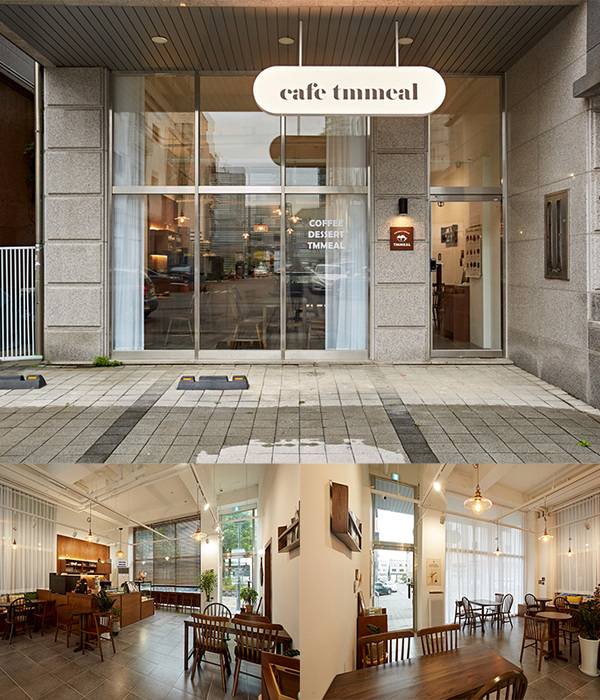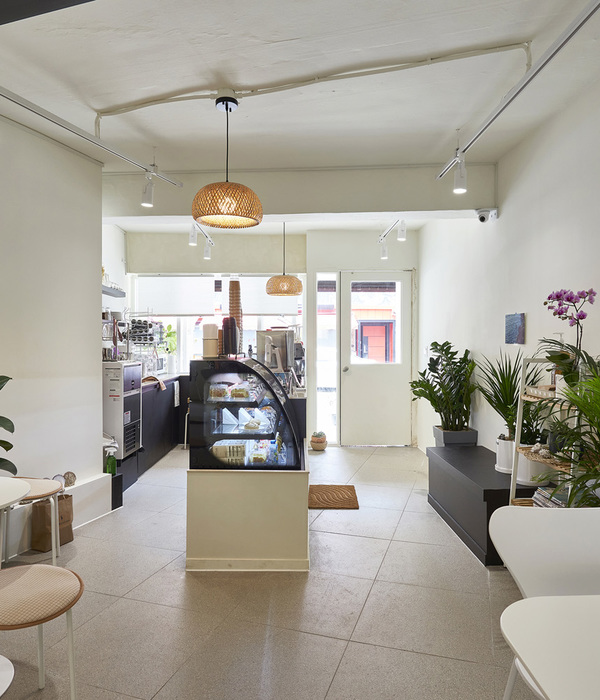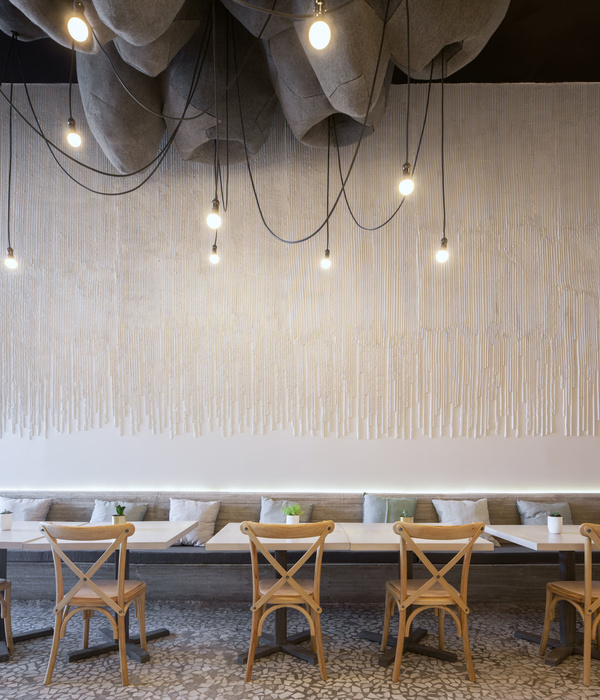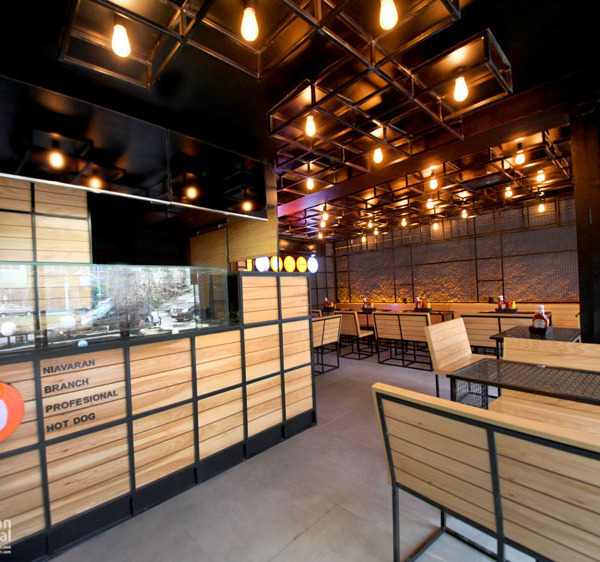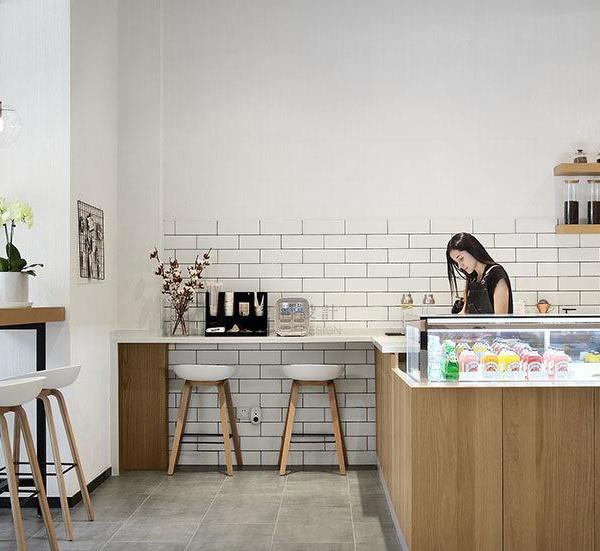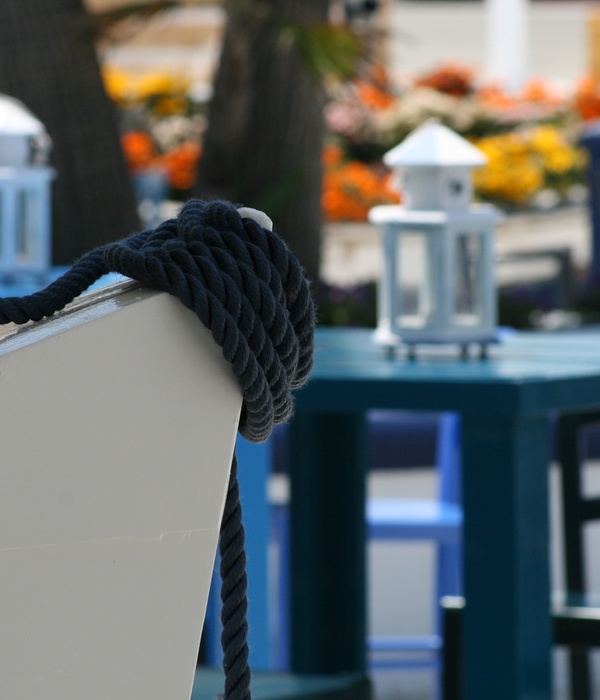奥地利茶馆,有机设计融入自然
架构师提供的文本描述。日本传统茶馆的概念启发了位于下奥地利的项目。这座建筑的设计是对茶馆的当代诠释,它允许更多样化的使用。它是一个喝茶和默哀的地方,也是一个可以过夜的病人回归治疗的空间。
Text description provided by the architects. The concept of a traditional Japanese teahouse inspired the project located in Lower Austria. The building was designed as a contemporary interpretation of a teahouse that allows for a more diverse use. It serves as a place for drinking tea and observing silence and as a space for regression therapy for clients with the possibility for overnight stays.
© Christine Leuthner
克里斯蒂娜·卢特纳
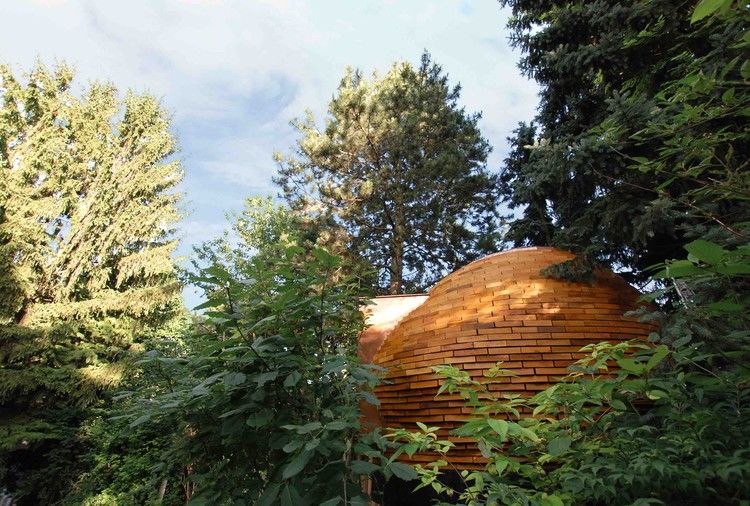
茶馆与私人住宅隔开,有一间附属的治疗室,茶馆位于物业的花园,包括树木和灌木。四根柱子由树Trunks制成,从地面抬高有机结构,并允许植物在建筑物的下面和周围生长。大黑底增加了茶馆的稳定性和耐久性,其余的建筑与基地有机地上升。坡道用于舒适地进入建筑物。它是由树Trunks制成的,传统上是在奥地利较低的葡萄酒农民使用的,并且通过小的间隙与茶馆分开。
Separated from the private house with an attached therapy room the teahouse is located in the property’s garden, among trees and bushes. Four pillars, made out of tree trunks, elevate the organic structure from the ground and allow the vegetation to grow both under and around the building. The massive black base adds the feeling of stability and durability to the teahouse, while the rest of the building rises organically from the base. A ramp serves to access the building comfortably. It is made out of tree trunks, as traditionally used by wine farmers in Lower Austria, and separated from the teahouse by a small gap.
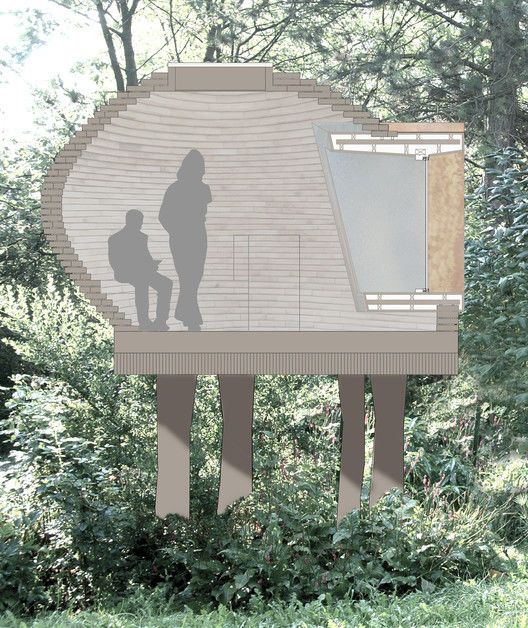
为了创造建筑的有机形态,同时仍然采用低科技的建筑方法,我们使用了小的木材切割。当地一家木桶制造商提供了现场回收的橡木横切物。这些木片以预先建成的模板的形式相互堆放在一起,40多层。一个梯形的形状,插入到茶馆的有机形式,框架大窗口。由于橡木和铜的重要性,茶馆适合周围的植被,成为成长花园的一部分。
To create the building’s organic form while still using a low-tech approach to the construction, we used small timber offcuts. A local barrel-maker provided the oak wood offcuts that were recycled on site. The timber pieces were stacked above each other in more than 40 layers, following the form of pre-built templates. A trapezoid shape, inserted into the organic form of the teahouse, frames the big window. Through the materiality of oak timber and copper, the teahouse fits into the surrounding vegetation and becomes part of the grown garden.
© Christine Leuthner
克里斯蒂娜·卢特纳
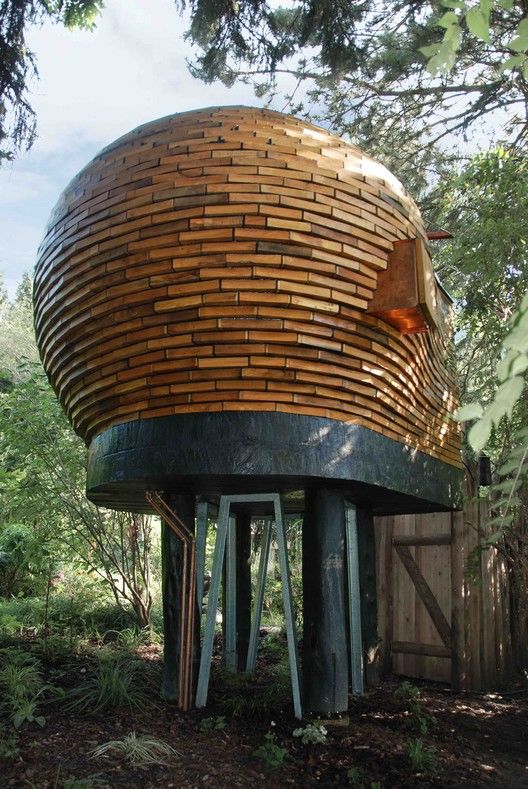
茶馆的低矮而狭窄的入口通向看似宽敞的室内。里面有一个像洞穴或子宫一样的保护角色。天花板上有一个椭圆形的开口,通过彩绘的玻璃让自然的光线照射到建筑物里。为此目的,一幅由业主自己画的画被印在玻璃上。(鼓掌)
The low and narrow entrance of the teahouse opens up to the seemingly spacious interior. The inside features a protecting character like a cave or a uterus. An oval opening in the ceiling allows natural lighting to gleam into the building through painted glazing. For this purpose, a painting by the owner herself was printed on glass.
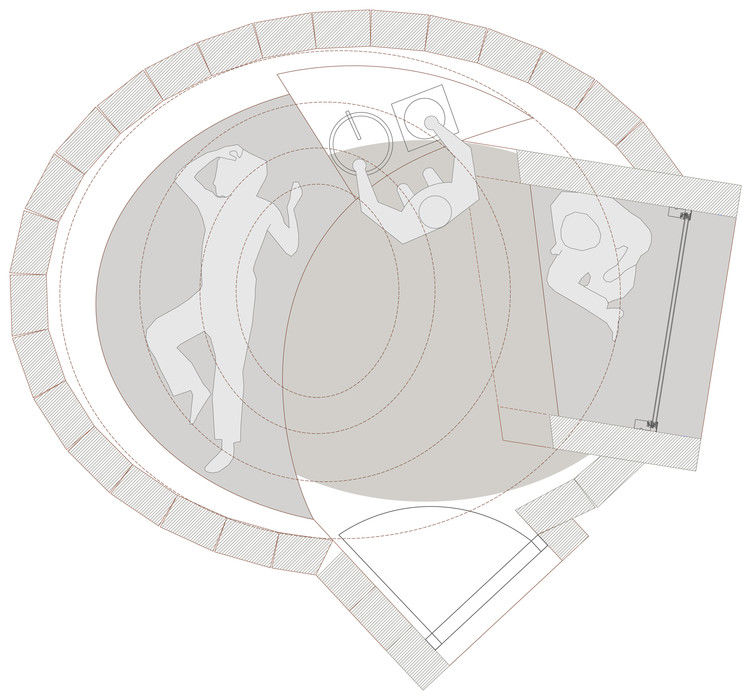
这扇小窗户可以近距离看到附近树干的树皮。大方窗周围的框架是一件家具,邀请你坐下。它将视线引向游泳池和现有建筑物的治疗室。
The small window offers a close look onto the bark of a nearby tree trunk. The frame around the big square window serves as a piece of furniture inviting to sit down. It directs the views towards the swimming pond as well as to the therapy room in the existing building.
© Christine Leuthner
克里斯蒂娜·卢特纳
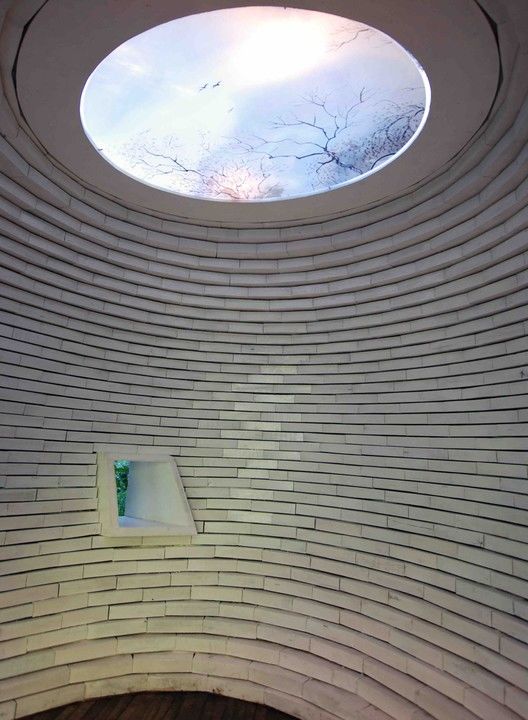
茶馆的主要材料是当地切碎的橡木。由于施工方法的选择,我们能够回收当地一家酒桶制造商的小木屑作为茶馆的主要结构。家具和固定装置也是用橡木做的。
The main material for the Teahouse is locally chopped oak timber. Due to the chosen construction method, we were able to recycle small timber offcuts of a local wine-barrel-maker for the main structure of the teahouse. The furniture and fixtures are made out of oak timber as well.
© Christine Leuthner
克里斯蒂娜·卢特纳
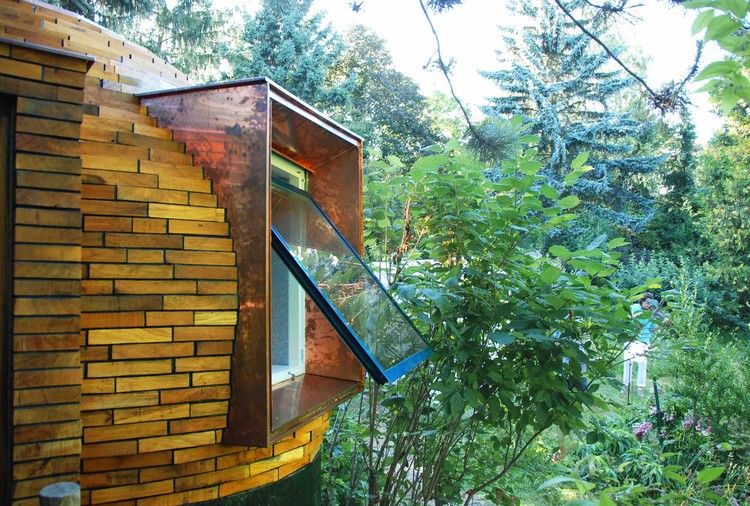
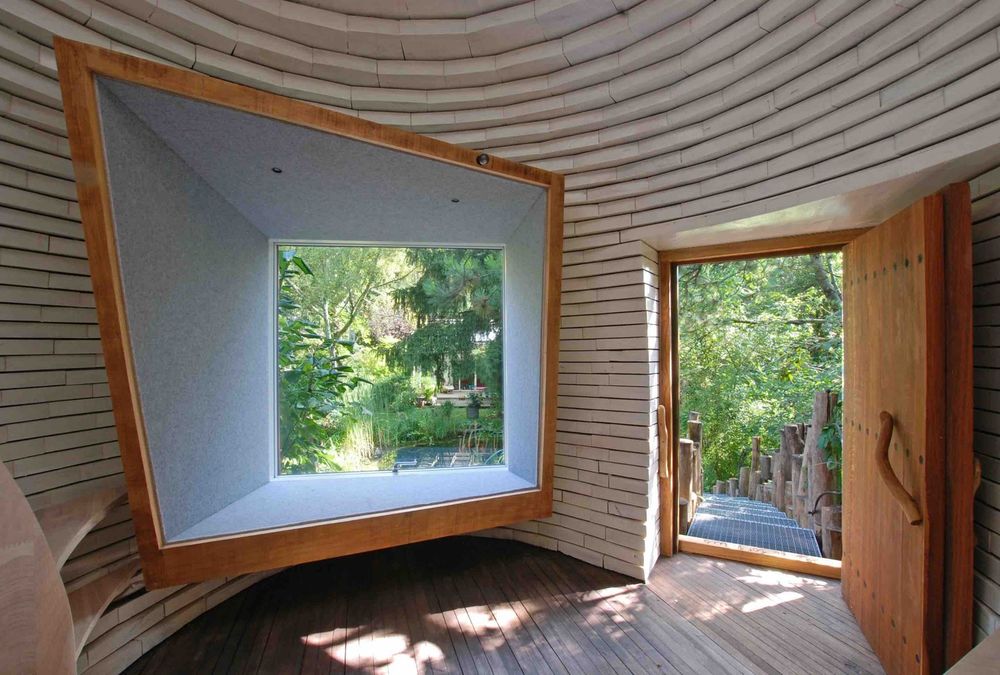
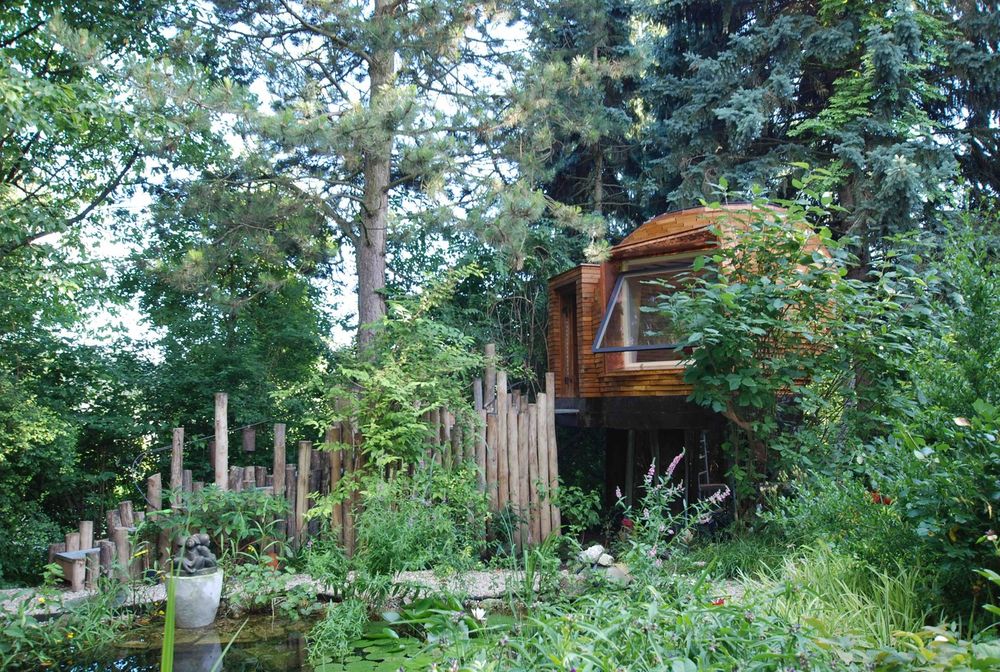

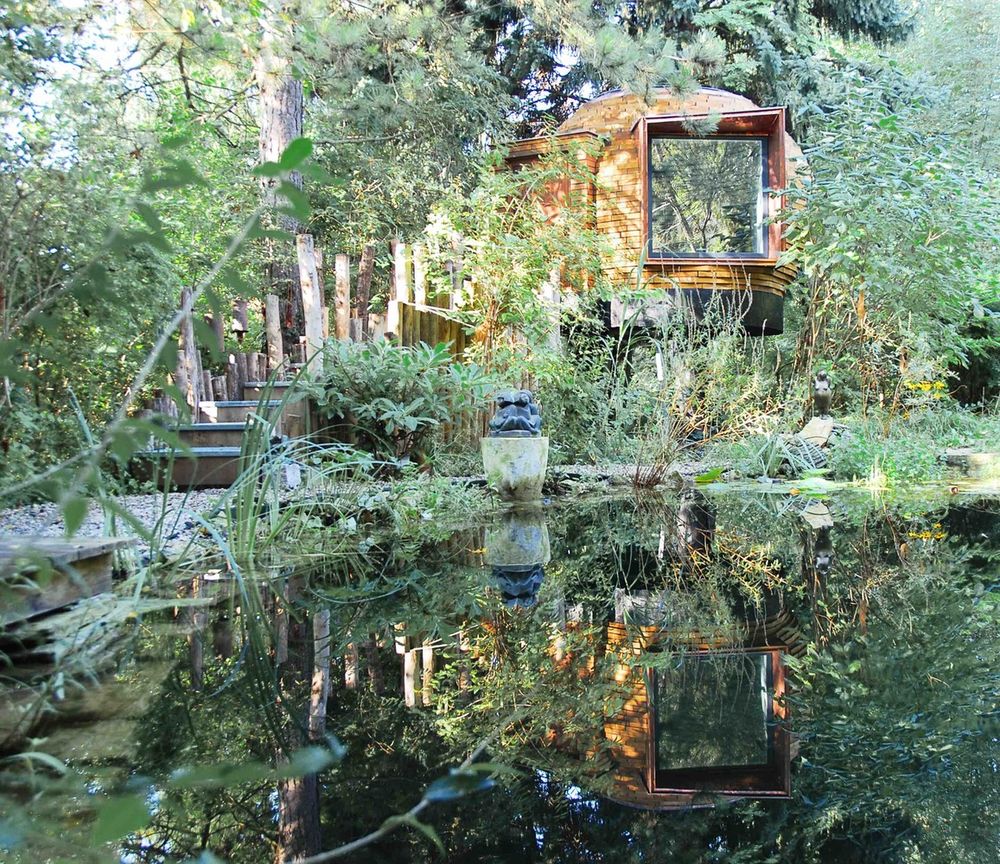
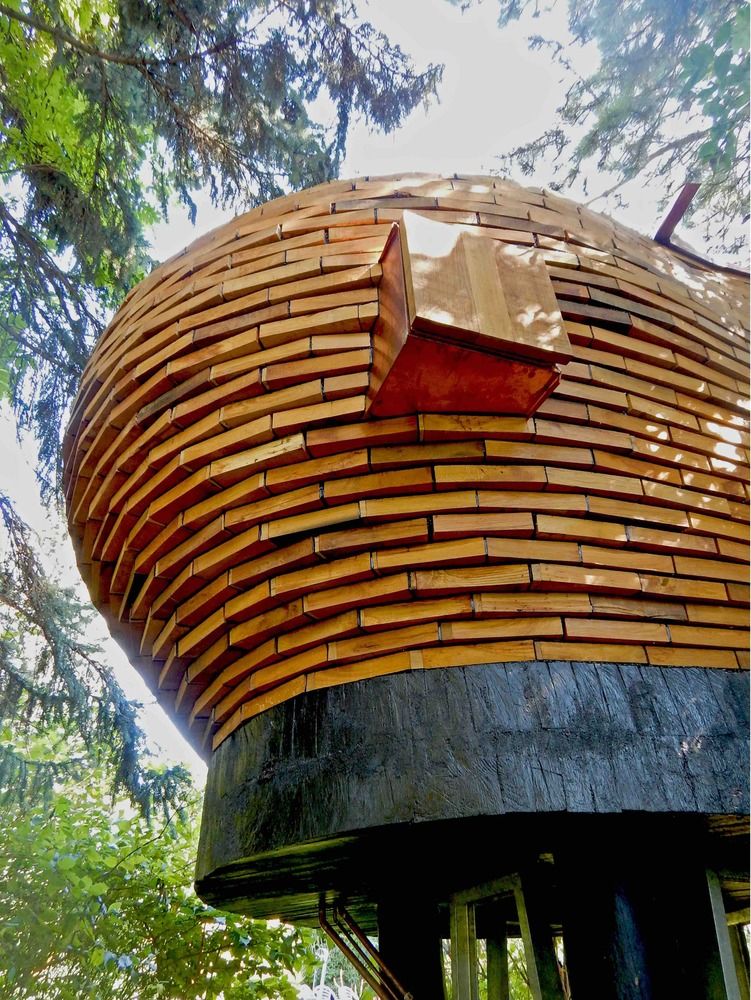
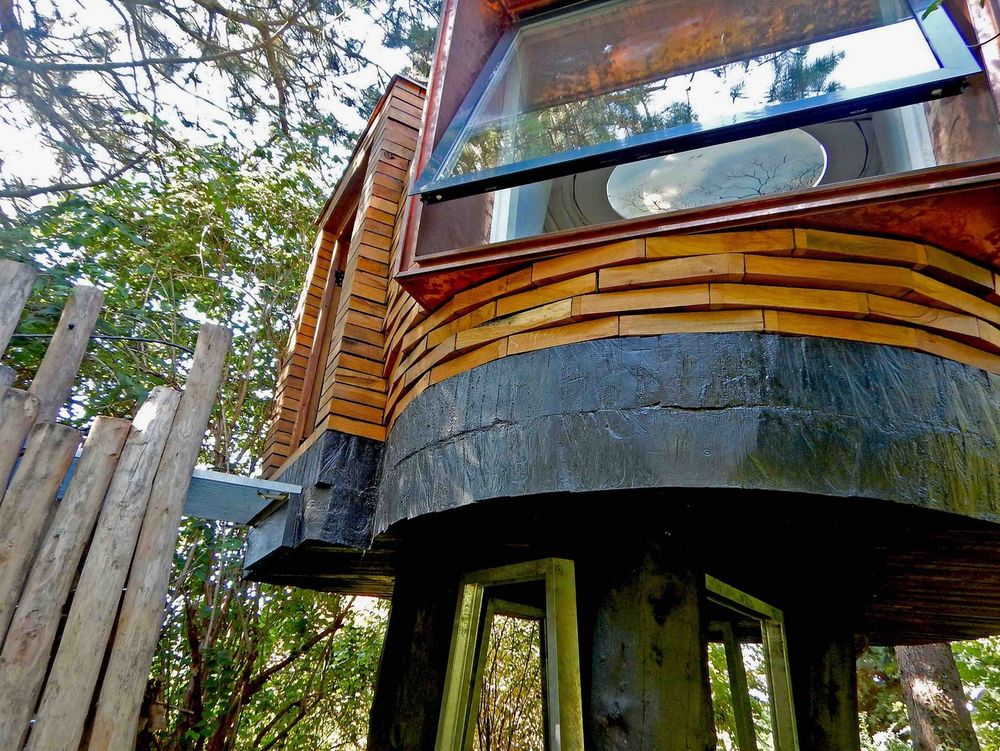
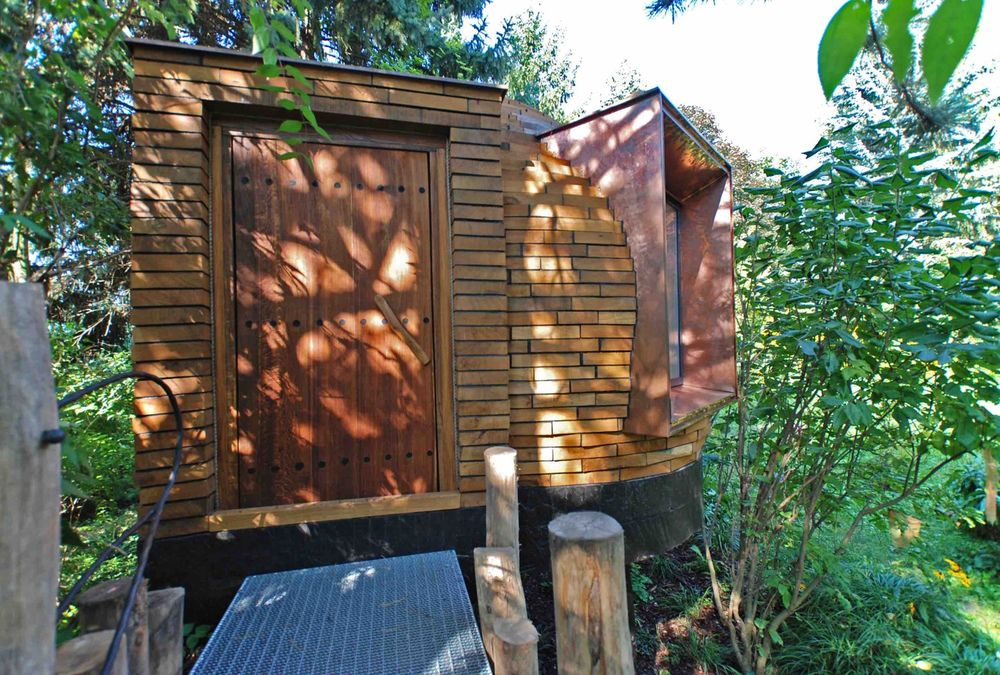
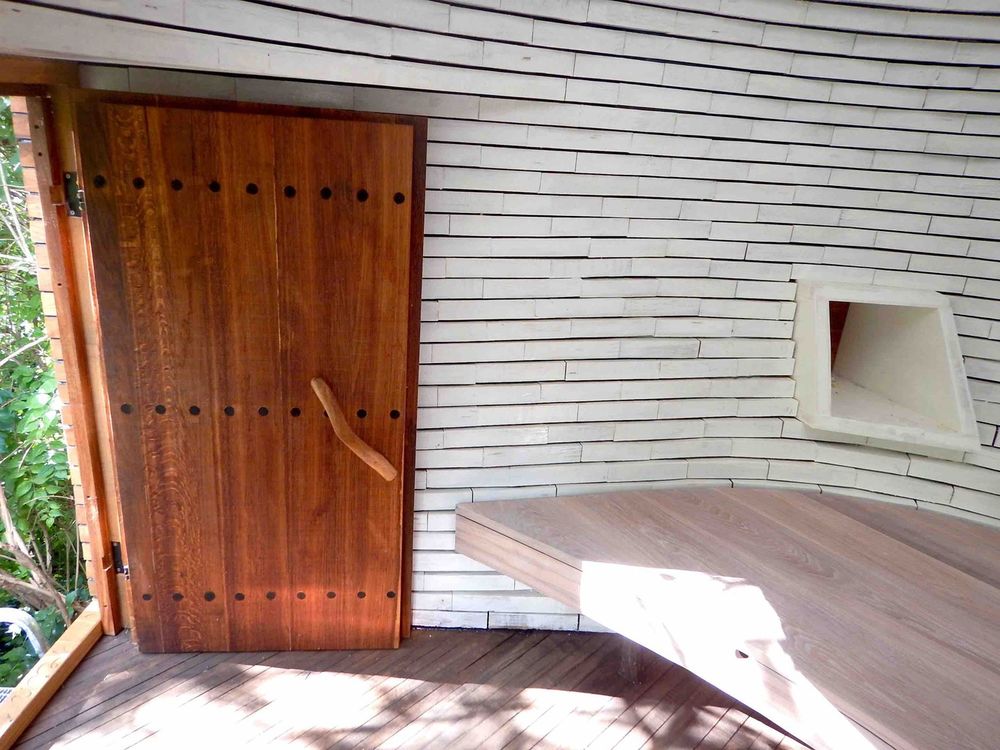
Architects a-lp architektur
Location Austria
Category Small Scale
Architects in Charge Franz Leuthner, Claudia Pirchl
Area 10.0 m2
Project Year 2016
Photographs Christine Leuthner
Manufacturers Loading...

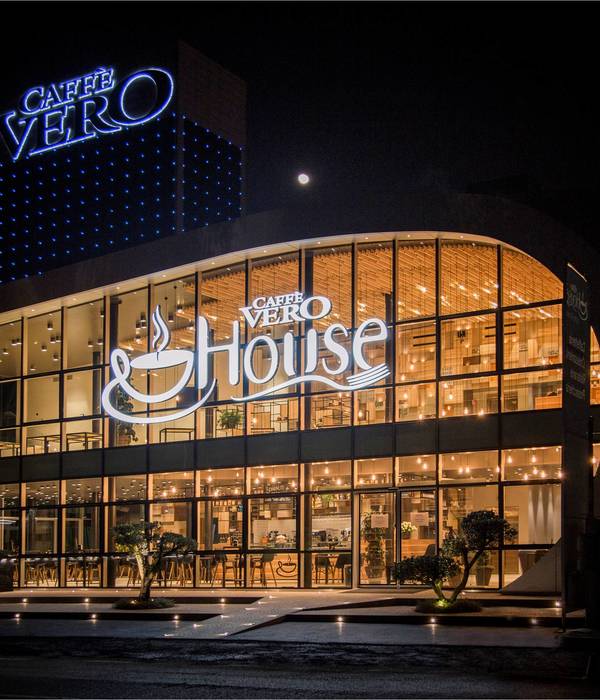
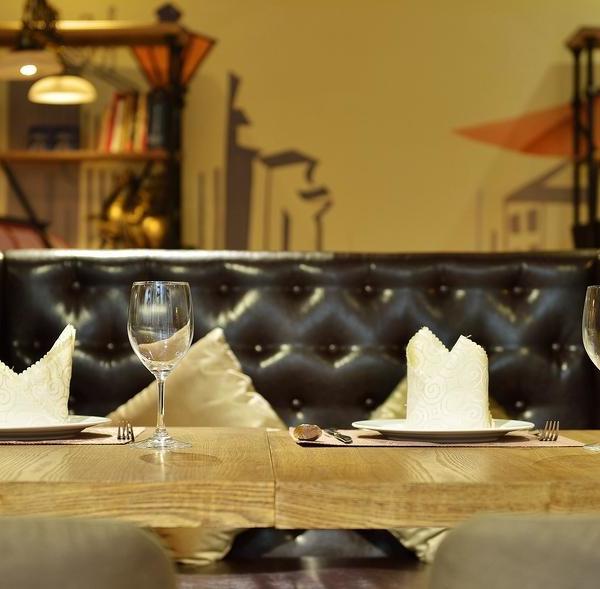
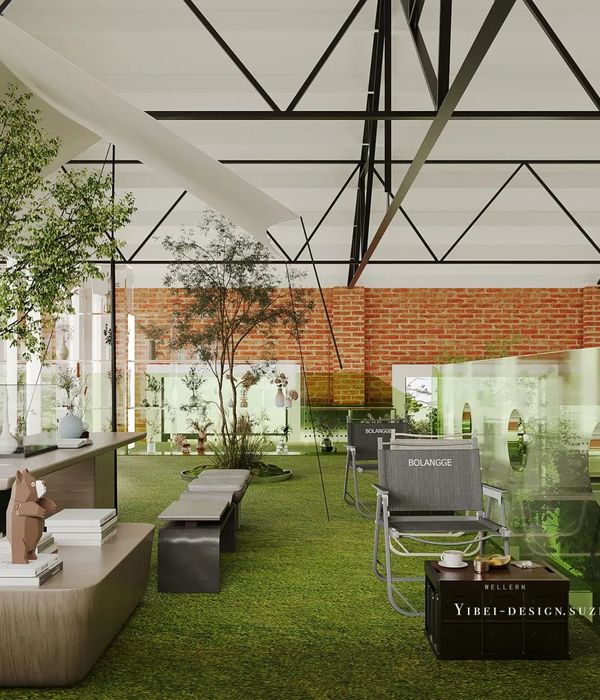
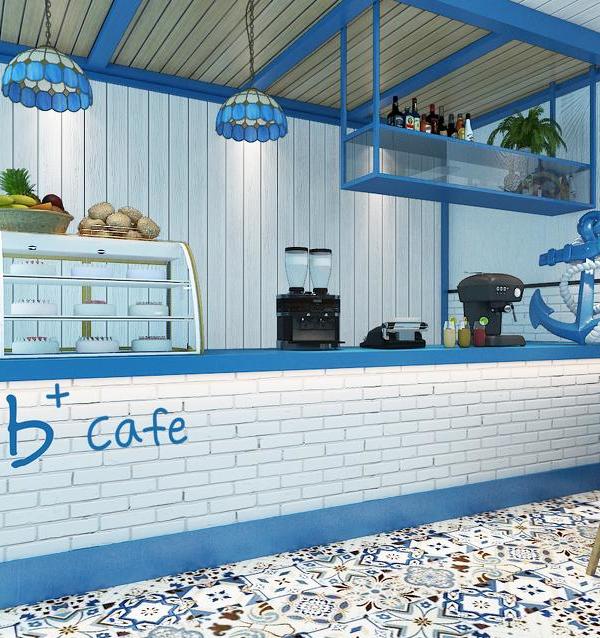

![kitchenette R[a_r] cafe Suppose Design kitchenette R[a_r] cafe Suppose Design](https://public.ff.cn/Uploads/Case/Img/2024-06-20/LYCEMTdyKehwXKelzsoGxJYKq.jpg-ff_s_1_600_700)
